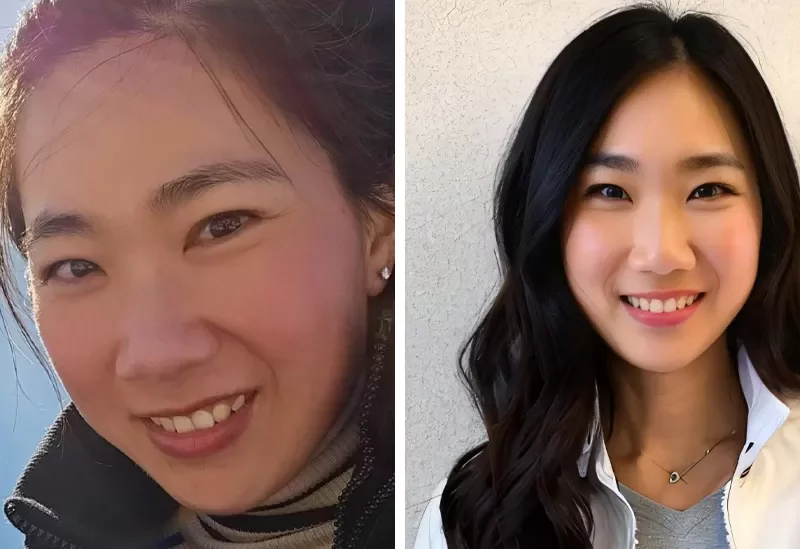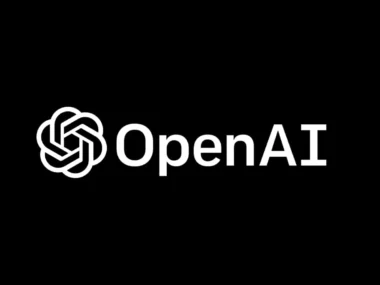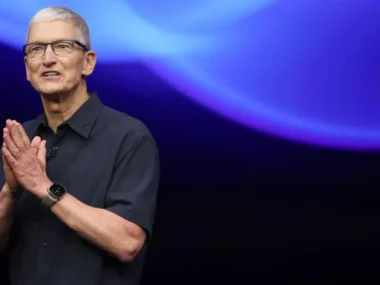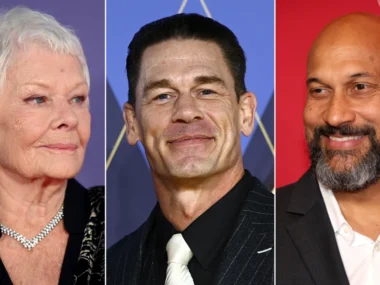Filters and Photoshop are no longer the dominant choices; artificial intelligence (AI) has emerged as the latest trend for crafting online profile images.
During the summer, a TikTok video went viral with the caption “using this trend to get a new LinkedIn headshot.” In this brief clip, a young woman showcased both her real-life appearance and professional-looking headshots created using an AI-powered app called Remini. The video has garnered an impressive 52.3 million views, and many similar videos from other TikTok users have also gained widespread attention.
Apps like Remini, along with competitors such as Try It On AI and AI Suit Up, employ AI-based software to generate polished profile pictures that mimic the work of a professional photographer.
With Remini, users are prompted to upload eight to ten selfies, ideally taken from various angles and under good lighting conditions. The AI utilizes these images to learn about your facial features and appearance.
Within just a few minutes, the app starts crafting artificial photos of you looking sophisticated, even glamorous. It can adjust your hair into different styles or positions, change your clothing, and place you in ideal lighting conditions. The app can also enhance your skin, improve your makeup, offer various backdrops, and, for some users, create a slimming effect.
The results of these AI-generated images are somewhat subjective, as opinions on their realism vary. Some find them realistic, while others perceive them as looking artificial.
Unlike previous trends of online image manipulation, such as dramatically changing hair or eye color for fun on social media, this one is primarily centered around platforms like LinkedIn and other job-seeking websites.
For some users, the appeal of these AI services lies in their affordability. Divya Shishodia, a 24-year-old digital marketer from Australia, notes that while AI headshots are obviously computer-generated, some people may not have the budget to arrange a professional photoshoot for a high-quality headshot.

Here’s Divya Shishodia’s natural appearance on the left and her AI-generated photo on the right.
While visiting a professional photographer can cost more than £100, services like Remini and others often provide free trials lasting a few days.
Divya Shishodia, for example, believes that while these AI-generated photos may not be the most realistic, the output is worth it considering the minimal time and effort required. She also highlights the challenges of taking a good profile photo on your own, citing the need for proper angles, lighting, and shadow avoidance, which are typically the domain of professional photographers.
On the other hand, Michelle Genobisa from Aalborg, Denmark, appreciates the low to no cost of AI-generated profile photos. For her, it’s a convenient way to have pictures that give the appearance of a professionally taken photoshoot, particularly because she frequently changes her looks, such as her hair color. Getting such photos taken professionally can be quite expensive.
However, not everyone is impressed with the technology, as Molly McCrann, a 25-year-old actor from Australia, finds AI-generated photos to look fake and heavily edited, with a noticeable artificial quality.

Molly McCrann firmly states that her AI-generated version looks undeniably artificial.
“When I posted mine, it made me look so skinny, and I don’t look like that,” Ms. McCrann commented.
She acknowledges the opposing viewpoint, too, explaining, “Someone wrote a comment that I actually agree with – if this company is going to judge based on appearance, I want to get the opportunity. If AI headshots can help me secure an interview, then I’ll use them.”
The use of AI-enhanced images raises questions about the potential impact on our self-esteem. Consumer psychologist Dr. Paul Marsden suggests that there are two sides to this issue.
Dr. Paul Marsden explains, “On one hand, it could allow us to put our best self forward, projecting the image we want to show the world, and this might motivate us to embody that image in real life. The psychology of first impressions revolves around making rapid judgments based on initial appearances, and using AI can enable people to position themselves as potential candidates for opportunities. On the other hand, it could potentially harm people’s self-esteem, making them feel inadequate compared to their AI-generated counterparts, leading to decreased confidence.”
As for recruiters, Tristan Barthel from London-based Tate Recruitment notes a significant increase in people using AI to enhance their photos. However, he emphasizes that it has no bearing on how he evaluates a person’s application. “I can identify if a picture has been AI-generated, but it wouldn’t impact my decision. For me, it’s all about qualifications.”











